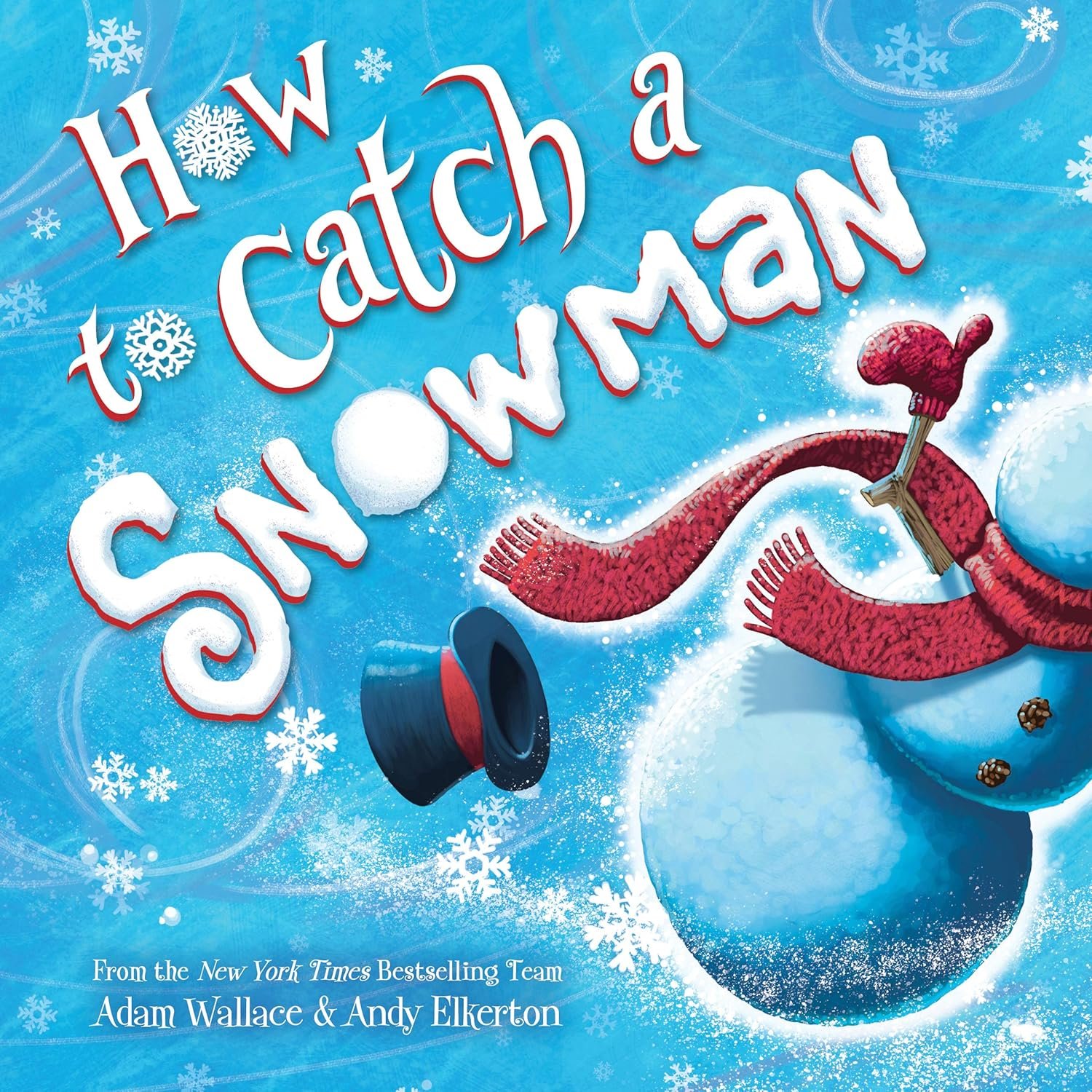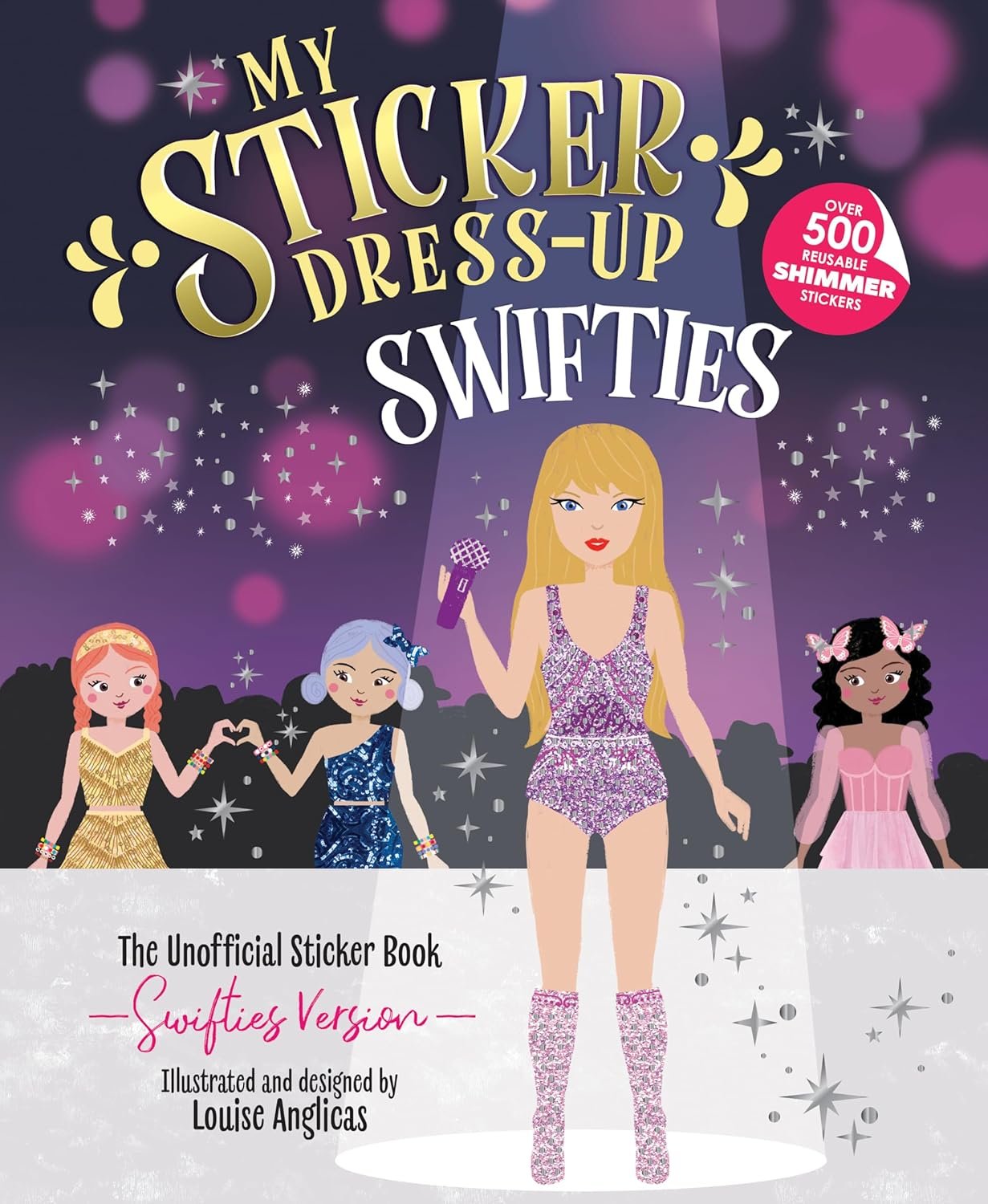THE AFTERNOON ROSE BRIGHT AND clear, the sun proud in the sky. The prior evening’s storm had washed clean the city of Setar, leaving in its wake a freshness and clarity its crown prince did not share.
Kamran sighed in the direction of the sun, cursing its shine, its beauty. He’d been swallowed whole by many a dark mood in his eighteen years, but his disposition at this hour was singularly volatile.
Still, the boy was not cruel.
He knew better than to grant such darkness an audience, and had abandoned the palace for Surati Forest, whose towering pink trees were like something out of a dream. It was one of the prince’s favorite places, not only for its beauty but for its seclusion, for it was accessible only by mountain cliff—from which one was required to jump, and often to their death.
Kamran never much minded this risk.
He’d brought with him only a small, patterned red rug, which he’d unfurled upon the snowy forest floor, and upon which he now reclined. He stared impassively at the impressive grove, the fluorescent pink trunks and their fluorescent pink leaves. Fresh snowfall had obscured the miles of green moss blanketing the ground, but the endless white drift lent its own cold beauty to the scene.
Kamran closed his eyes as a breeze skated along his face, mussing the glossy black waves of his hair. He heard the sweet chirp of a pair of songbirds, the buzz of a rare dragonfly. The hawk circling high above might’ve witnessed only a young man in repose, but the humble ant would’ve known better, would’ve felt the violent tremble emanating from his limbs, fracturing across the forest floor.
No, Kamran’s anger could not be contained.
It was no wonder, then, that he remained undisturbed as he lay exposed in the middle of uncharted land. Snake and spider, scarab and snow leopard, insects large and small, bears both white and brown. They all knew to give the young prince a wide berth, for there was no greater repellant than anger, and the woods shook with this warning now.
Today, Kamran had begun to doubt everything.
He had felt only sadness upon leaving his grandfather’s rooms that morning, but as the day wore on and his mind continued to work, his anger had grown over him like ivy. He was experiencing the grief of disillusionment, going over and over again in his mind his every memory of
his grandfather; every moment he’d thought the man just and benevolent. All that King Zaal had done for the common good—had it been only in the interest of his own protection?
Even now he heard his grandfather’s voice in his head—
In fact I’d thought for certain I’d once found her I assumed her dead some years ago
Kamran had not questioned the statement when first spoken by the king, but now, at his leisure, he combed over every word of their earlier conversation, turned it inside out for analysis.
What had his grandfather meant when he’d said he was surprised the girl was alive? Did that mean he’d tried to kill her before?
Some years ago, he’d said.
The girl couldn’t have been a day older than Kamran—of that, he felt certain—so what conclusion was he left to draw? That his grandfather had tried to murder a child?
The prince sat up, dragged his hands down his face.
He knew, intellectually, that these were not ordinary circumstances.
That the girl’s animus had been foretold by the Diviners meant a great deal, for the mouths of the priests and priestesses were touched with binding, brutal magic before they were even allowed to take their vows. They were as a result beings physically incapable of telling lies, and whose prophecies were the fodder of legend.
Never once had they been wrong.
But try as he might shape his heart to the painful context of the situation, the prince could not condone the killing of an innocent. He could not fathom the murder of the girl, not now, not for the crime of merely existing.
So it had become, in the aftermath of their meeting, critically important to Kamran to reconcile his heart and mind. He’d wanted, desperately, to side with his grandfather, who in eighteen years had always treated Kamran with an abundance of love and loyalty. The prince could learn to accept his grandfather as imperfect; all else might be forgiven if he could only prove today the merit of the king’s argument—that the girl was indeed a threat. It was with this in mind that the prince had consoled himself with a single plan of action:
He would find evidence.
He would prove to himself that the girl was plotting against the crown; that she had ambitions of bloodshed; that she hoped to incite a revolt.
It certainly seemed possible.
For the more he’d thought on it, the more impossible it seemed to Kamran that the girl did not know who she was.
On that score, his grandfather had to be right. Why else the refinement, the elegance and education, the knowledge of multiple languages? She’d been bred for royalty, had she not? Was it not a disguise, the lowering of herself into obscurity? Was not the snoda merely an excuse to hide her unusual eyes, which were likely proof of her identity?
Devils above, Kamran had not been able to decide.
For it was not entirely a performance, was it? She worked every day for her living, scrubbed the floors of her lessers, cleaned the toilets of a gentlewoman.
Deeply agitated, Kamran had drawn his hood low over his head, pulled the chain mail over his face, and gone straight from his grandfather’s chambers into the center of town.
He’d been determined to find reason in what seemed like madness, and the parcels seemed his straightest path to clarity.
Kamran had recognized their seal the night prior; they were from the apothecary in town. Only this morning had it occurred to him that the girl might’ve overreacted to their loss. It had suddenly seemed strange to him that anyone would grow hysterical at the thought of losing a few medicinal herbs—items that were easily found, easily replaced.
It was possible, then, that there was more to their contents.
The parcels might help prove her hand in some nefarious scheme, tie her to some underhanded plotting; uncovering their truth might establish her as a real threat to the empire. It was perhaps not too late, he’d consoled himself, to find a way to support the king’s decision against her.
So he’d gone.
It was a simple matter for him to locate the apothecary, disguise himself as a magistrate, ask questions of the proprietor. He’d pretended to be going shop to shop, asking questions about possible criminal acts committed during the previous evening’s revelry, and had hounded the poor man for every detail concerning his late-night customers.
One, in particular.
“Sir, I confess I don’t understand,” the proprietor had said nervously. He was a wiry man, with black hair and brown skin; a man named Deen. “She purchased only what I recommended for her injuries, nothing more.”
“And what had you recommended?”
“Oh,” he said, faltering a bit as he remembered. “Oh, just—well, there were two different kinds of salve. She had very different injuries, sir, though both treatments were meant to help with the pain and guard against infection, albeit in slightly different ways. Nothing unusual. That was all, really. Yes, it was just some salve and—and some linen bandages.”
Salve and linen bandages.
She’d fallen to her knees in the gutter to save a few coppers’ worth of salve and linen bandages?
“You’re quite certain?” Kamran had asked. “There was nothing else— nothing of considerable value? Nothing particularly precious or expensive?”
At this, the tension in Deen’s body seemed to vanish. The apothecarist blinked curiously at the man wearing a face of chain mail—the man he considered a magistrate—and said, with surprising calm, “When a person is in tremendous pain, sir, is not its remedy worth everything? Valued above all else?”
Kamran managed an indifferent tone when he said, “You mean to say the girl was in tremendous pain?”
“Most certainly. She did not complain of it aloud, but her wounds were severe and had been festering all day. I’ve witnessed many a man in my shop weep over lesser injuries.”
Kamran had felt the words like a blow.
“Forgive me,” Deen said carefully. “But as magistrate you must surely know that the wages of a snoda are paid out predominantly in the form of shelter? I rarely see a snoda in my shop, for most receive only three tonce a week in addition to their housing. Lord only knows how the girl scraped together the coppers to pay me.” Deen hesitated. “I explain all this only because you have asked, sir, if the girl left my store with anything of considerable value, and—”
“Yes, I see,” Kamran had said sharply.
He’d felt sick with self-loathing, with shame. He’d hardly heard Deen as the man prattled on, providing details Kamran no longer cared to hear. He did not want to know that the girl was friendly or evidently
hardworking. He did not want to hear Deen describe the bruise on her face or discuss at length his suspicions that she was being abused by her employer.
“She was a nice girl,” Deen had gone on. “Oddly well-spoken for a snoda, but a little jumpy, too, easily frightened. Though—that may have been my fault. I feel I may have come down too hard on the poor girl. She’d said some things . . . and I . . .” Deen trailed off. Looked out the window.
Kamran had stiffened at that. “Said what things?”
Deen shook his head. “Oh, she was only making conversation, really. I fear I might’ve scared her. She left the store so quickly I never had a chance to give her the brushes she’ll need, though I suppose she could use her hands just so long as she keeps them clean . . .”
Kamran heard a roaring in his ears then, the sound so loud it drowned out all else, blurring his vision.
The magenta trees of Surati Forest came back into focus with agonizing slowness, the present world materializing one sensation at a time. The coarse fibers of the red rug under his head and hands, the weight of his swords against his torso, the whistling of the wind in the thicket, the bracing scent of winter pine filling his nose.
Kamran swiped a finger along the snow as one might an iced cake; he studied for a moment the shimmering dollop sat atop his finger and then popped it in his mouth, shivering a bit as the frost melted on his tongue.
A red fox darted up through the snow just then and wrinkled its nose, shaking flakes from its eyes before diving back into the earth, not long after which a quintet of reindeer appeared in the distance. The herd came to an abrupt halt still yards away, their large eyes wondering, no doubt, why Kamran had come.
He would answer, had they asked.
He would tell them he’d come for escape. To flee his mind, his strange life. He would tell them that the information he’d sought as an antidote had proven instead to be a poison.
She was going to be killed.
He understood it, but he did not know how to accept that she would be killed, she who treated with mercy a boy who’d tried to murder her, who was born a queen but made her living by scrubbing floors and was, in return, thanked for her hard work with only abuse and tyranny. He’d thought her mad for falling to pieces over a few coppers’ worth of
medicine, never considering that those few coppers might be all she had in the world.
Kamran exhaled, closed his eyes.
She did not seem to him in any way a criminal. He supposed he could find new ways to investigate her life, but his always-reliable instincts insisted there was no point. He’d known it even before he’d set off on his earlier task, but had been too deep in denial to face it: no matter the prophecy, the version of the girl who lived today did not deserve to die, and there was nothing he could do about it.
In point of fact, it would be his fault.
He had done this to her, had shone a spotlight on her when she’d seemed to want nothing more than to disappear. Kamran would live with this regret for the rest of his life.
Indeed, the prince felt so much in that very moment he found he could not move—dared not move. If he allowed himself to shift even an iota he thought he might crack, and if he cracked he thought he might set fire to the world.
He opened his eyes.
A single pink leaf fell slowly, spinning as it drifted from a nearby tree, landing on Kamran’s nose. He plucked the leaf from his face, spun it around by the stem.
Madness prompted him to laugh.





